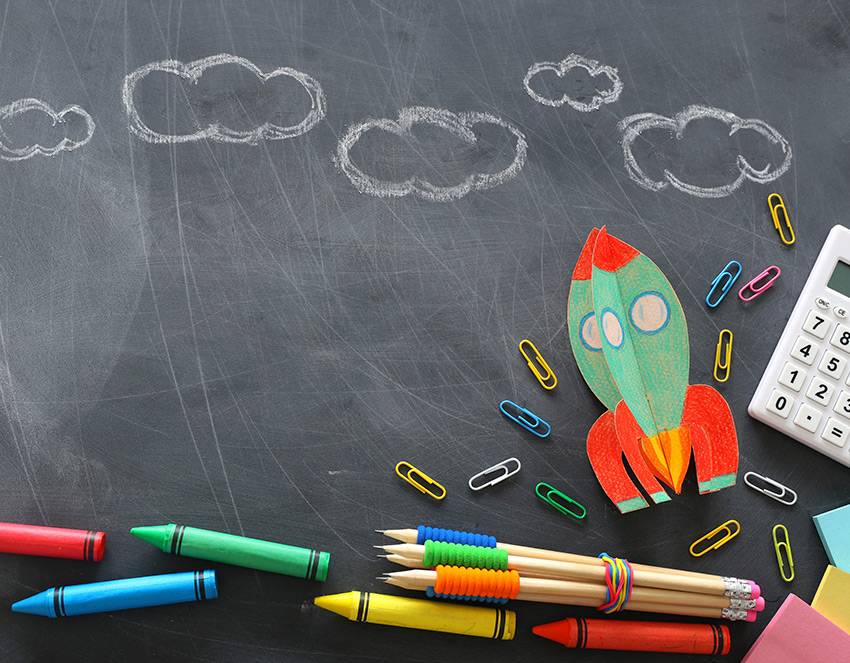**The Importance of Education: Shaping a Better Future**
Education is one of the most powerful tools for personal growth, societal development, and global progress. It is the foundation upon which individuals build their futures and societies create lasting change. Whether in the classroom, through online courses, or through informal learning, education plays a crucial role in shaping individuals' skills, perspectives, and opportunities.
Education as a Pathway to Personal Development
At its core, education is about the transfer of knowledge, skills, and values. For individuals, it opens doors to better career opportunities, improves quality of life, and promotes social mobility. An educated person is better equipped to navigate the complexities of the modern world, make informed decisions, and contribute meaningfully to society.
Education goes beyond just reading, writing, and arithmetic. It teaches critical thinking, problem-solving, creativity, and emotional intelligence. These are the skills needed to adapt to a rapidly changing world, where new technologies, cultural shifts, and global challenges constantly reshape the landscape. In this sense, education isn’t just about memorizing facts but developing the ability to think critically and act wisely.
Education and Economic Development
The relationship between education and economic growth is undeniable. Countries with higher literacy rates and better access to education tend to have more prosperous economies. This is because an educated workforce is more productive, innovative, and capable of adapting to new industries and technologies.
Higher education, vocational training, and lifelong learning are all vital components of a skilled workforce. In a global economy, nations with an educated population can compete more effectively in the marketplace. Companies also benefit from having access to a highly skilled and knowledgeable workforce that drives innovation, enhances productivity, and fosters economic resilience.
Moreover, education can be a catalyst for reducing poverty. By equipping individuals with the skills and knowledge to earn higher wages and access better job opportunities, education breaks the cycle of poverty and helps individuals and communities achieve financial independence. When people can improve their economic standing, they are also more likely to invest in their children’s education, perpetuating a cycle of opportunity and growth.
Education and Social Equity
One of the greatest promises of education is its potential to reduce inequalities and promote social justice. In many parts of the world, access to quality education is still determined by factors like gender, socioeconomic status, and geographic location. This disparity creates a gap in opportunities, where the privileged few have access to the best resources, while the disadvantaged are left behind.
However, education has the power to level the playing field. For example, when girls are given equal access to education, they are more likely to delay marriage, have fewer children, and contribute to the economic and social well-being of their families and communities. In turn, this improves the overall health, economic, and social outcomes for society at large.
Inclusive education that addresses the needs of marginalized groups—whether it’s those with disabilities, ethnic minorities, or people from low-income backgrounds—can break down social barriers and build more equitable societies. Governments and international organizations must work toward ensuring that every child, regardless of their background, has the opportunity to access quality education.
The Role of Technology in Education
In the 21st century, technology has revolutionized the way we learn. From online courses and educational apps to virtual classrooms and interactive learning platforms, the digital age has transformed traditional education methods. Technology allows for personalized learning, where students can learn at their own pace and receive feedback tailored to their individual needs.
Moreover, the accessibility of the internet has made education more globally interconnected. Students in remote areas can now access the same high-quality content as those in major cities. This democratization of education allows people from all corners of the world to improve their knowledge and skills, regardless of geographic or socio-economic barriers.
Yet, technology also presents challenges. The digital divide—unequal access to technology—can exacerbate existing educational inequalities. Therefore, while technology can be a powerful tool for learning, it’s important to ensure that access to digital resources is equally available to all, so that no one is left behind in the digital age.
Education for a Sustainable Future
In an era marked by environmental challenges, social change, and economic uncertainty, education plays a crucial role in fostering a sustainable future. It equips individuals with the knowledge and skills to understand global issues such as climate change, social inequality, and sustainable development.
Sustainability-focused education promotes environmental stewardship, encourages responsible consumer behavior, and prepares individuals to innovate for a greener economy. Teaching children and adults about the importance of sustainability and how they can contribute to a better planet ensures that future generations are empowered to tackle the challenges of Future of Education
As we look toward the future, the landscape of education will continue to evolve. Emerging technologies like artificial intelligence, virtual reality, and blockchain will reshape how we learn and interact with knowledge. Traditional classroom models may give way to more flexible, self-directed learning environments. Moreover, the growing demand for skills in technology, health, and green industries will drive the development of new educational programs and training pathways.
However, despite these advancements, the core values of education—critical thinking, creativity, empathy, and collaboration—will remain the same. Education is not just about acquiring information; it’s about preparing individuals to be thoughtful, informed, and responsible citizens who contribute positively to society.
Conclusion
Education is much more than an academic pursuit; it is the foundation for creating a better future for individuals, communities, and the world. It is through education that we unlock the potential for personal growth, economic prosperity, and social equity. As we face the challenges of the future, investing in education is essential for fostering a world that is just, innovative, and sustainable. The power of education lies not just in what we learn, but in how it enables us to shape the world around us for the better.


